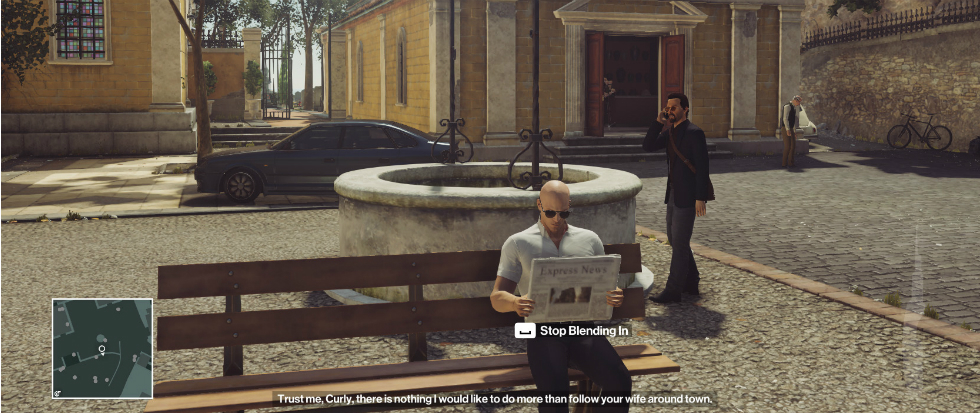
The Games Industry Is Not Game Of Thrones
There is a maxim that I find useful when searching for answers to the endless whys of the world: No explanation should be more extraordinary than the thing it is explaining. The advice comes courtesy of Charles Sanders Peirce, noted philosopher and pragmatist of the 19th century. It’s good reasoning: a knock on the door is far more likely to be a roaming salesperson than intergalactic aliens taking a tea break on their way to Alpha Centauri.
Peirce’s mantra is just as applicable in the games industry as anywhere else. Consider the claims made by angry fans when a released game doesn’t perfectly align with the trailers and screenshots shown years earlier. Developers are accused of deception and false advertising, of intentionally downgrading their game just to spite loyal fans. Ignoring the backwards logic at play here, applying the ordinary-explanation rule is enough to quash such wild charges.
Video games change a whole lot during development. That’s why it’s called development. Ascribing malicious intent or individual influence to changes that you don’t agree with creates an explanation far more extraordinary than the situation. When there are countless mundane and ordinary explanations available, clinging to the extraordinary is to stubbornly defy logic and reason.
A similarly irrational mentality can be found in claims of reviewers being paid off by big publishers, or scheming with other journalists to deceive “real gamers”. Critics are regular people, subject to the same tastes and biases we all are. Liking or disliking something, even in opposition to the majority, is an entirely ordinary occurrence. Bribes and conspiracies, however, are not. Westeros this ain’t.
Extraordinary explanations also fuel the most vitriolic of video game cabals: GamerGate, and the group’s crusade against anyone they perceive as a Social Justice Warrior. They treat any decision they don’t agree with as part of some grand plan intended to corrupt video games with real-world politics. The simpler and far more ordinary explanation of the industry evolving alongside society is completely ignored. Social progress is simply too mundane to validate their outrage – which is exactly why it’s the most likely explanation.
Peirce’s advice is invaluable. Extraordinary explanations should be reserved for extraordinary circumstances. The truth is often boring, and that’s a good thing. If reality was as fond of cloaks and daggers as Game of Thrones, we’d all end up like the Starks.





